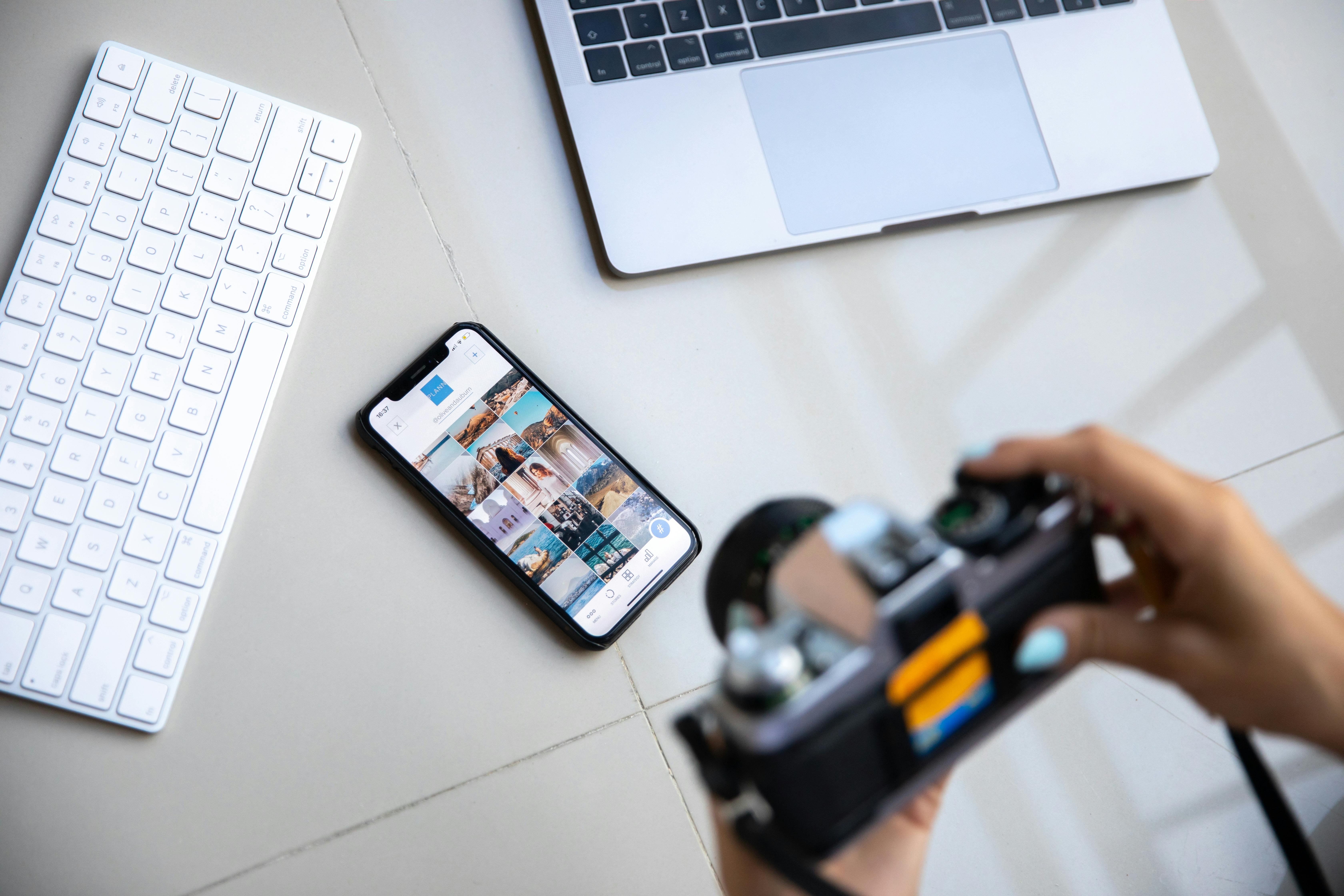
How the Guinness Book of Records can help you learn any foreign language
At just 18 years old, Jorge Fernández Gates can speak, read and write in 11 foreign languages. They are not all related languages either. Some already to his credit include Mandarin Chinese, Catalan, Galician, English, French, German, Swedish, Romanian, Italian, Portuguese and Dutch.
Not only that, but Jorge only started learning foreign languages a little over 5 years ago, which means he has been “learning” foreign slang at the rate of two foreign languages per year. His goal is to enter the Guinness Book of Records by mastering at least 25 foreign languages.
Already recognized as the “youngest polyglot in Peru,” in several interviews given primarily in his native Spanish, he talks about some techniques he (and you) can use to develop fluency in whatever foreign language you strive to acquire.
He says: “For me, learning foreign languages is a hobby, I can’t control it, at any moment I could open a dictionary to look up a new word for my vocabulary.”
His main ally in the quest to master enough foreign languages to enter the Guinness Book of Records is the Internet, to which he attributes up to 70% of his success in learning foreign languages.
Quote in particular Radio Bucharest online at:
(http://www.multilingualbooks.com/online-radio.html) which features live and pre-recorded radio programming in 38 European and Asian languages, as well as 18 continental African languages, and online language courses to assist in helping you to become familiar with foreign languages.
Other tactics he has frequently employed include:
o Talking to staff at ethnic restaurants
o Watch TV shows in or about the target languages
o Use the radio as a key listening and comprehension development resource “to help get your ear used to the pronunciation of the language”
o Use the internet to listen to and study foreign languages
One of the main concerns he had was that “one day his brain would explode” from the constant linguistic input or that linguistically “his wires would get crossed” and he would become completely confused. A neurologist she consulted assured her that “there are no limits” to the brain’s ability to capture and store knowledge.
Jorge Fernández gives these “keys” as essential to his linguistic achievements:
o Learn foreign language grammar “back and forth”
o Acquire a basic vocabulary of frequently used words and phrases
o Never stop building new vocabulary in your new language: try to learn at least two new words every day
o Practice your new language with friends, language teachers or whoever you can regularly
And what started it all?
“I am not a good student and as a punishment my mom decided to take away my cell phone and forbade me to chat online. I couldn’t go out, so in order not to spend the day sleeping I signed up for a French course. ” Then things started to change for him. “I liked it and decided to take Italian too.” He later discovered a Romanian course on the Internet and “loved it.”
To “prove” his language skills, relatives have accompanied him to Chinese restaurants to chat with the cook, and have contacted TV shows and foreign language teachers to verify his language skills in other languages.
Thus began the linguistic journey of Jorge Fernández Gates. In order not to create a “Babel” in his brain, he limits himself to “quietly learning only two languages” at a time per year. You can listen to journalist Rosa María Palacios do a 26-minute video interview with him (in Spanish) about his language learning adventures at: http://www.youtube.com






